Features of growing indoor peonies in a pot
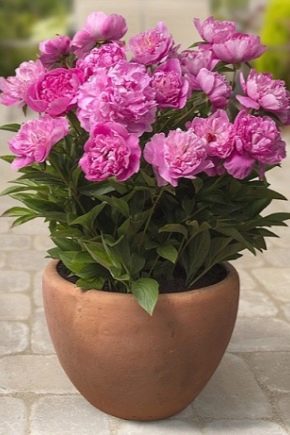
Flowering plants are an adornment not only for personal plots, but also for living quarters. Some housewives plant both traditional indoor flowers and garden specimens in their apartments or houses. For example, a peony has been considered one of the main inhabitants of flower beds for many years. But this beautiful and fragrant plant can be planted not only in open ground, but also in planting containers.
Before purchasing planting material in order to decorate an apartment, you should pay attention to special low-growing varieties of peonies, which are specially bred for growing in flower pots.
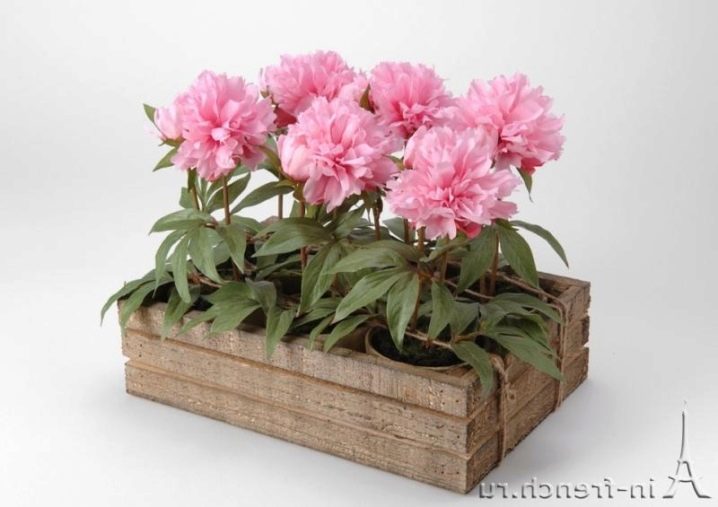
Experts recommend that you simply follow all the rules for growing and caring for these varieties of flowers - in this case, there will be no problems with their development, flowering and reproduction.
Description
Peonies are some of the most beautiful flowers cultivated for the garden, flower beds and as a pot plant. For planting in open ground, gardeners choose tall and powerful plants, the height of which can exceed 100 centimeters. Breeders do not recommend planting high varieties in small planting containers. For home cultivation, you should choose low and miniature plants, the maximum height of which will not exceed 45 centimeters. Low-growing varieties of peonies differ not only in the size of the bush, but also in the size of the flowers.
Household peonies range in color from white to purple.
Flowers of potted varieties have a rich and persistent aroma, which is no different from the smell of the garden type. And their root system, of course, is of the same small size, it feels comfortable even in small planting containers.
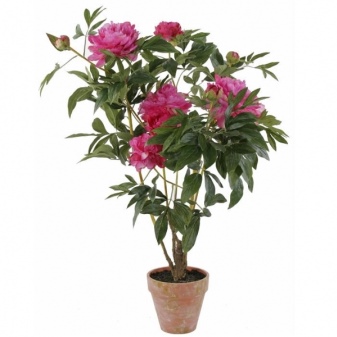
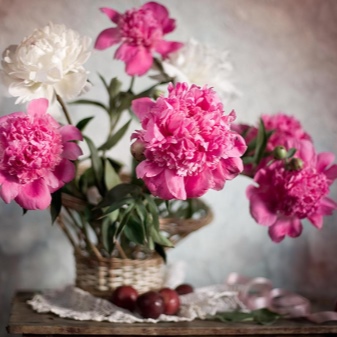
Varieties
When choosing the right variety for the house, florists it is recommended to pay attention to the following parameters:
- flowering period;
- the appearance of inflorescences;
- color range of the variety;
- maximum plant height;
- smell of flowers.
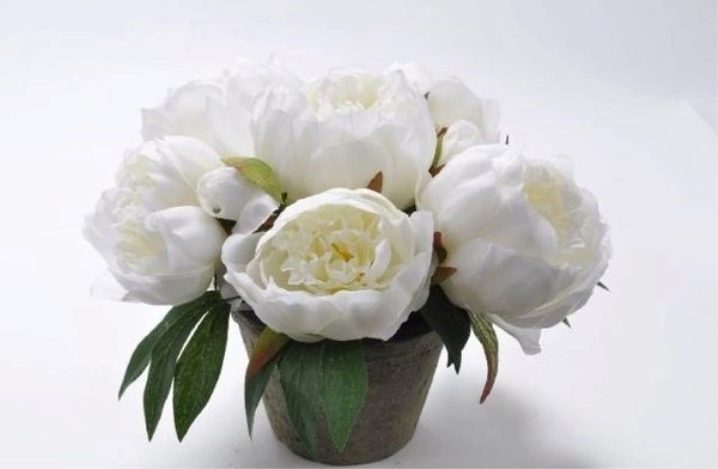
When buying, the appearance of flowers and the surface of their petals are of great importance. Depending on the variety, the buds are:
- ordinary (simple);
- semi-double;
- anemone;
- terry;
- bamboo.
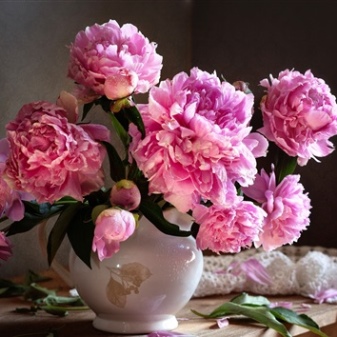
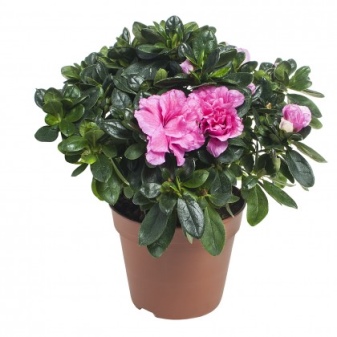
Breeders recommend choosing from the following varieties.
- Roma is a variety that has pink inflorescences that bloom in mid-summer.
- "Moscow" - a peony, which belongs to medium early varieties and forms velvety red flowers.
- Oslo is an early variety that produces simple raspberry flowers.
- "London" is a bright and early variety with velvety burgundy buds.
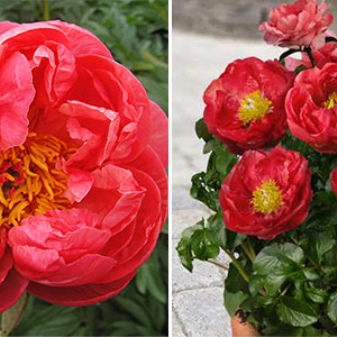
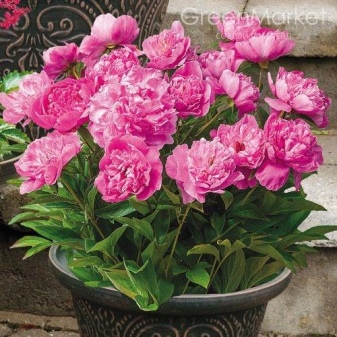
Landing rules
The most favorable time for planting plants is the beginning of spring. For planting homemade peonies, you must choose flower pots, the volume of which is at least 5 liters, and the diameter is from 25 centimeters. The optimum height of the landing container should be 45 centimeters.
You can plant peonies not only in classic flower containers or pots. Wooden boxes are also quite suitable for this, the inner surface of which is closed with a dense non-woven material.

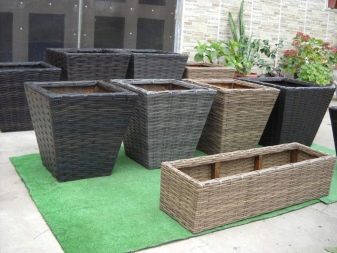
When making your own soil mixture, you need to mix river sand, humus, peat and garden soil. A small amount of bone meal, ash and superphosphate must be added to this composition.
A prerequisite for planting is the presence of a drainage layer at the bottom of the pot. The main function of drainage is to prevent stagnant areas for moisture and root decay.
For planting, it is necessary to choose shoots from the root system of those plants whose age does not exceed 3 years. Planting material can be planted only after the first buds appear. Until this moment, the scions must be stored in the refrigerator.
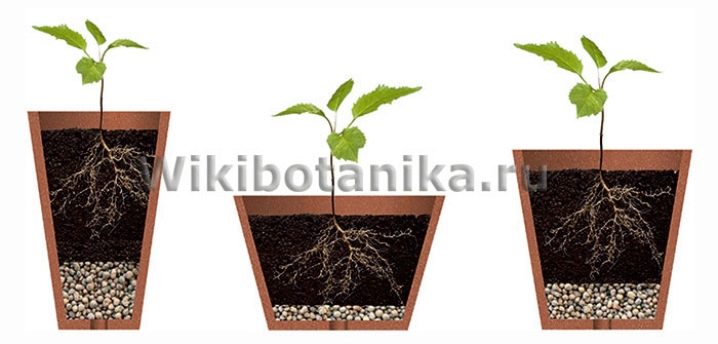
The list of basic activities that will help you plant a decorative peony correctly:
- selection of a flower container;
- the formation of a drainage layer, which may consist of fine grained pebbles, broken brick and perlite (a layer of 3-5 centimeters);
- shelter of pebbles with coarse sand (but not river sand!);
- filling the planting tank to the middle with nutrient soil;
- placement of selected roots on the ground, the buds of which should be directed upward;
- filling all voids with a nutrient mixture;
- the formation of a surface peat layer;
- abundant soil moisture.
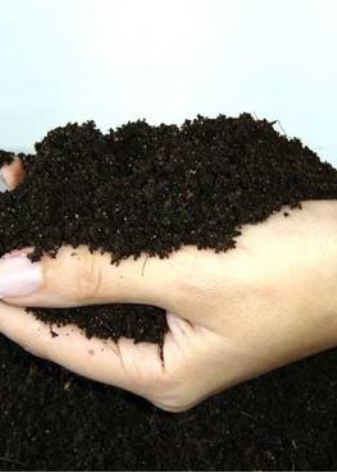
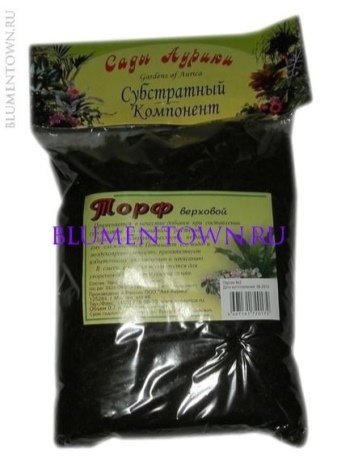
The main condition for the germination of new shoots is that the height of the top layer of the earth should be no more than 3 centimeters.
This flower has a negative attitude towards frequent transplants. Experts recommend not using very small landing containers for planting.
Subject to all planting rules, the plant will be able to form buds in a few months.
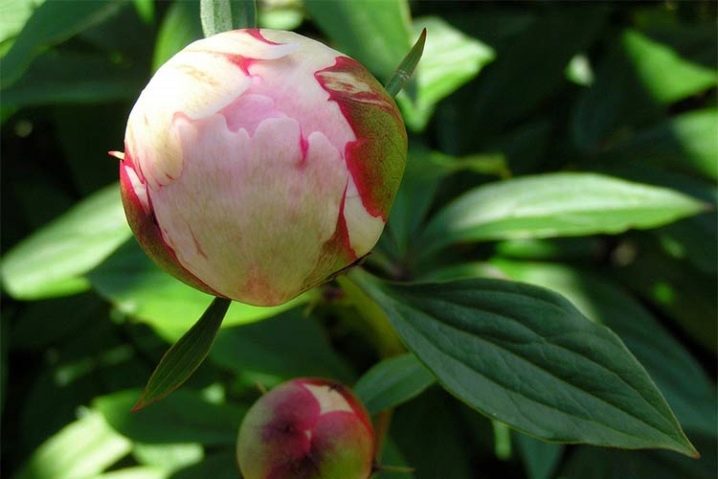
Care
In order for a plant to grow healthy and strong, it is necessary to create the most comfortable conditions for its growth and development.
A light-loving flower needs a lot of sunlight. The peony should be placed on windowsills from the south and east, where it is very light for 12 hours. In places with low light levels, additional sources of artificial light should be installed. Fluorescent lamps should be at least 20 centimeters higher than the plant and work about 14 hours a day. Experienced flower growers recommend connecting special timers to artificial light sources to automatically turn on the light in the morning and turn off the device in the evening.
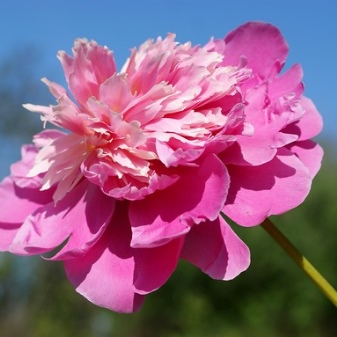
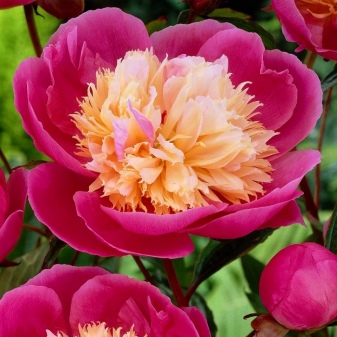
Peony has a negative attitude towards strong wind currents and nearby heating devices. In the summer, experienced gardeners recommend taking flower pots only to glazed areas and balconies.
The plant needs regular and moderate watering. To prevent waterlogging of the soil, watering should be carried out only after the upper soil layer has dried up to 2 centimeters deep.
At the beginning of autumn, it is necessary to significantly reduce the number of waterings, the level of illumination and reduce the temperature regime for comfortable adaptation of the flower to the dormant period. Peony does not need spraying and high humidity levels.
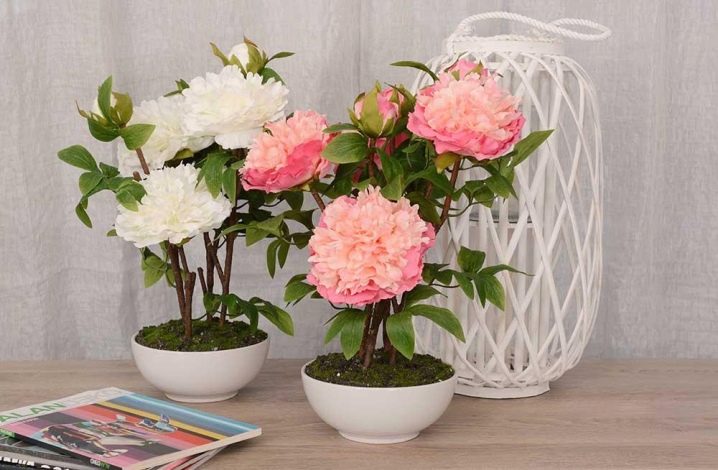
Peony needs a lot of nutrients to form bright, large and beautiful flowers.
- In the spring, the pet needs mineral fertilizers, which contain a large amount of nitrogen and potassium. These mineral elements will allow the flower to form strong and powerful shoots.
- During the budding period, the plant must be fed with potassium, phosphorus and nitrogen, and 2 weeks after the beginning of flowering, phosphorus and potassium must be added to the soil.
This system of feeding pets should be carried out annually.
In late autumn, you should completely cut off the entire aerial part of the flower and remove the pot in a dark and cool place for the whole winter. Only at the beginning of spring, planting containers can be taken out of basements, placed in sunny rooms and abundantly moistened with soil.
If the rules of care are not followed, the plant will have a sluggish and unhealthy appearance, as a result of which it will not be able to form fragrant and beautiful flowers.
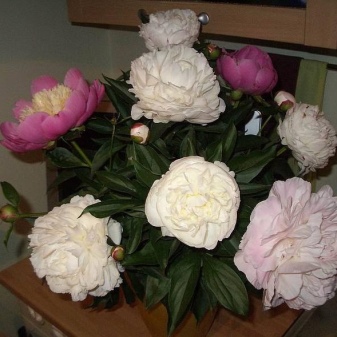
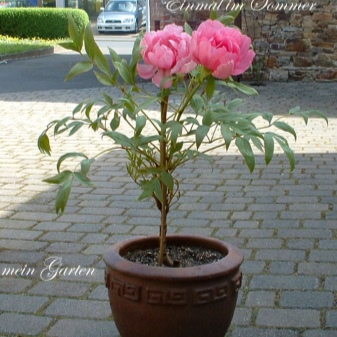
The most common problems when growing homemade peonies:
- sluggish leaf plates and lack of buds - low level of illumination;
- slow formation of new shoots - insufficient application of nitrogenous fertilizers;
- rapid formation of green mass and the absence of buds - the implementation of deep planting of rhizomes.
If water gets on flowers, the development of fungal diseases and the appearance of dangerous pests can occur.
How to properly plant peonies in a pot, see the video below.




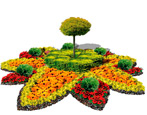
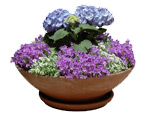
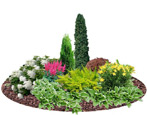
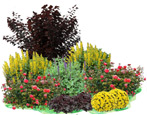

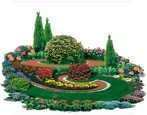
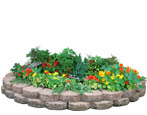
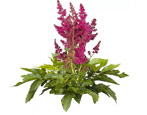

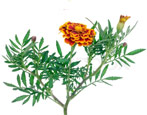
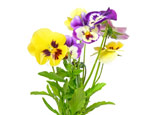

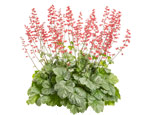

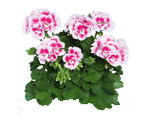
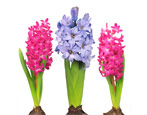




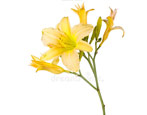

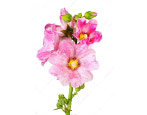


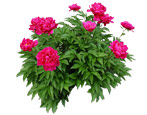
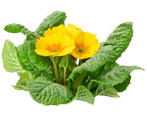
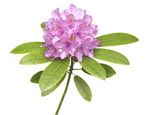



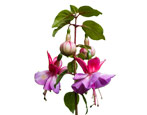

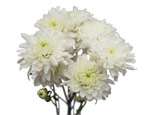
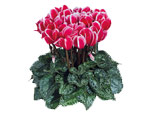
































































The comment was sent successfully.